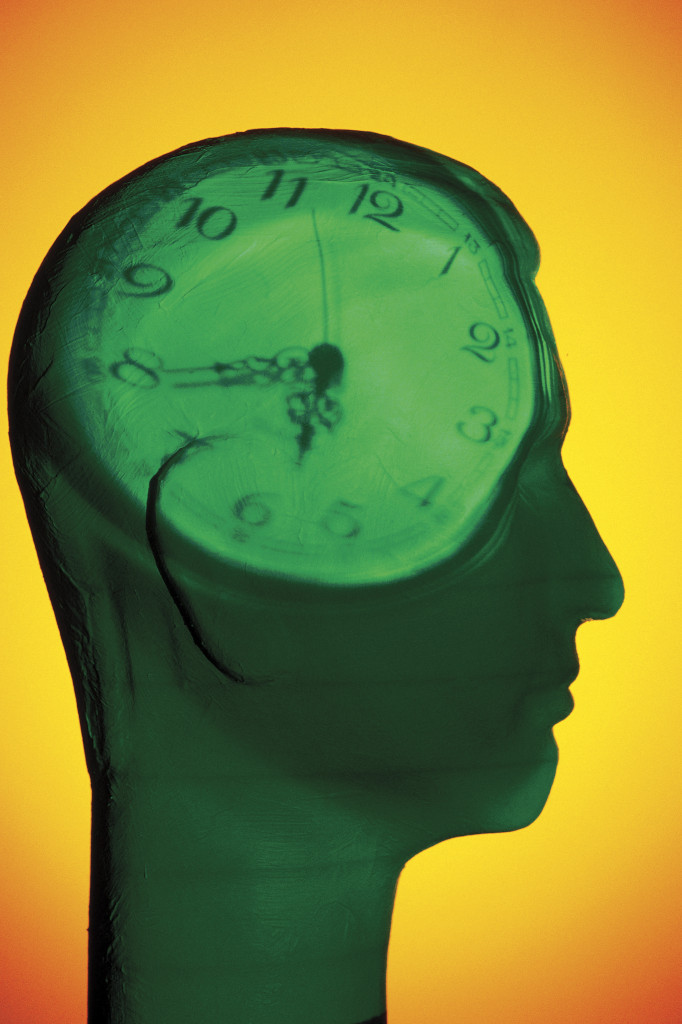Running Helps Keep Your Body Clock On Time: Study
University of Glasgow researchers studied the circadian rhythms of mice, and found that older mice who were given regular access to a running wheel were able to better stabilize their body clocks than their non-runner counterparts.


Regular exercise can help you better synchronize your body clock as you age, according to a new study published in the journal Age.
University of Glasgow researchers studied the circadian rhythms of mice, and found that older mice who were given regular access to a running wheel were able to better stabilize their body clocks than their non-runner counterparts.
“Our study demonstrates that voluntary exercise has an impact on circadian rhythms,” said lead researcher Stephany Biello. “It is also indicates another health benefit to regular exercise.”
All living creatures have an internal body clock that allows them to synchronize bodily functions like sleeping and eating over the course of the 24-hour day. The inability to adapt to circadian changes can result in poor sleep patterns (which can lead to a host of other health issues), weakened immune function and general cognitive decline, especially as you age.
So start your stopwatch (or GPS), head out for a run and keep your body clock on time.

